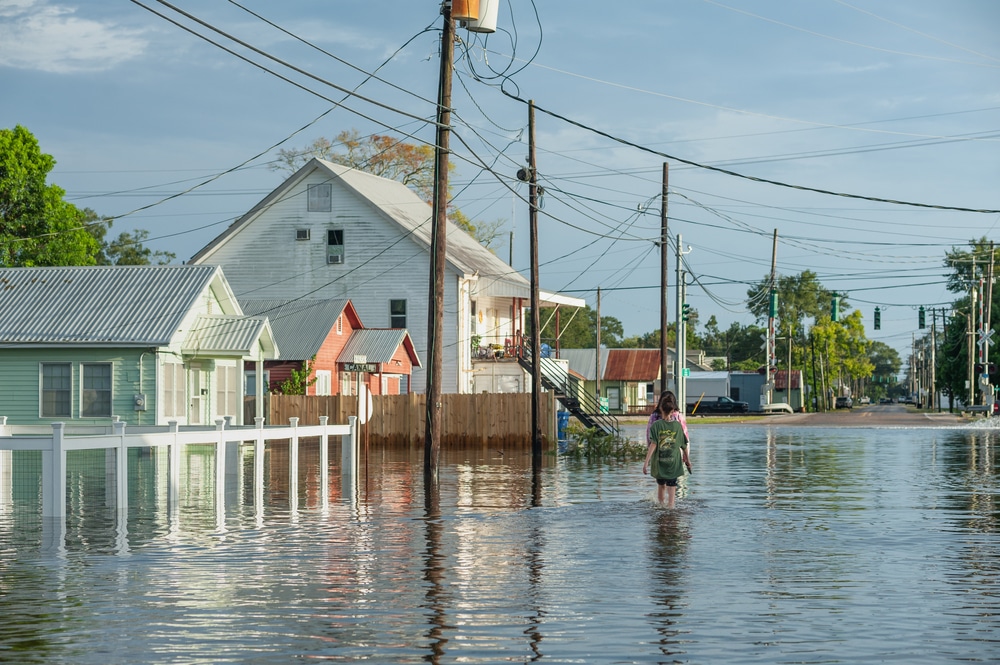
Those living along the East Coast or Gulf Coast should make plans for the hurricane that will one day hit land. A plan contains instructions on what to do and eliminates the frantic dash to figure everything out at the last minute. Here are 10 tips from UNITS on how you and your family can stay safe during the hurricane season:
OR
Your credit card will not be charged until the day of delivery.
Free Cancellation upto 24 hours prior to delivery
your reservation is complete. check your email for your reservation receipt
Published: July 06, 2022
Those living along the East Coast or Gulf Coast should make plans for the hurricane that will one day hit land. A plan contains instructions on what to do and eliminates the frantic dash to figure everything out at the last minute. Here are 10 tips from UNITS on how you and your family can stay safe during the hurricane season:
It is difficult to leave once a storm has come. Extreme winds and flying debris make travel difficult and hazardous. When first responders attempt to call for help during an emergency, people who stay behind put the lives of first responders at risk. Know your Evacuation Zone and prepare to leave before it gets bad. When the order comes, evacuate as quickly as possible.
FEMA lists State Emergency Management Agencies. You can click the first letter of your state, and find the listed agencies. The information is organized into sections. Each state agency’s page contains a link, as well as phone numbers and other details.
Before you decide to stay in your home instead of evacuating, it’s critical to research as much as possible about the storm and its effects. Some of the most crucial decisions you’ll make include your advance preparation, putting your hurricane plan into action, and ensuring that your home can withstand a hurricane before deciding to stay. Of course, we encourage everyone who lives or works in coastal areas to tune in to any important information!
If you stay or evacuate, your house will need preparation in either case. Cover all of the doors and windows with plywood fastened to the house structure using screws or lag screws. Ideally, cut the plywood to size and drill pilot holes for screws. Store each piece with the screws inserted in the pilot holes for quick and easy installation. Garage doors and patio doors should not be forgotten unless they are hurricane-rated.
Keep additional batteries on hand and keep cell phones charged. Shut your phone off if you’re not using it and save electricity whenever possible when the power goes out. Keep up with the storm using a radio that is tuned to a local station. A weather radio will inform you of emergency alerts and hazardous weather situations.
Choose a single point of contact, such as someone who is miles away from the storm. Let them know your condition so they can inform other family and friends about your status. Give your point of contact all of their phone numbers, email addresses, and social media account information before the storm.
Extreme winds of a hurricane can propel objects at deadly speeds and cause them to become hazardous projectiles. Many injuries like decapitations, amputations, crushed extremities, and more have all been reported in these incidents. Be extremely cautious.
During a power outage, food in refrigerators begins to decay within four hours. If you leave the freezer closed, it will last for 12-24 hours. Outages may continue for days or even weeks following a hurricane disaster, so an emergency power supply becomes an important survival tool. Small portable generators can keep a few items going, but they must be refueled and cannot function without shelter from the elements.
Floods waters can pose a major problem. They contain sewage, human and animal waste, chemicals, and parasites in addition to drowning risk. Biological hazards can cause serious illnesses or health concerns if left untreated.
While you wait for the all-clear, be cautious and remain inside. If you stayed home, don’t rush to leave unless you need medical attention or face an imminent risk. First responders generally arrive in one to three days, although it can occasionally take longer.
If you need assistance in preparing for hurricane season, UNITS is here to help. Our portable storage containers are the perfect solution to keep your belonging safe and secure. Contact us today for your free estimate.
Call
Our local owners and managers are ready to assist you in what you’ll soon be calling your easiest move yet. Get started today by filling out our online quote form.